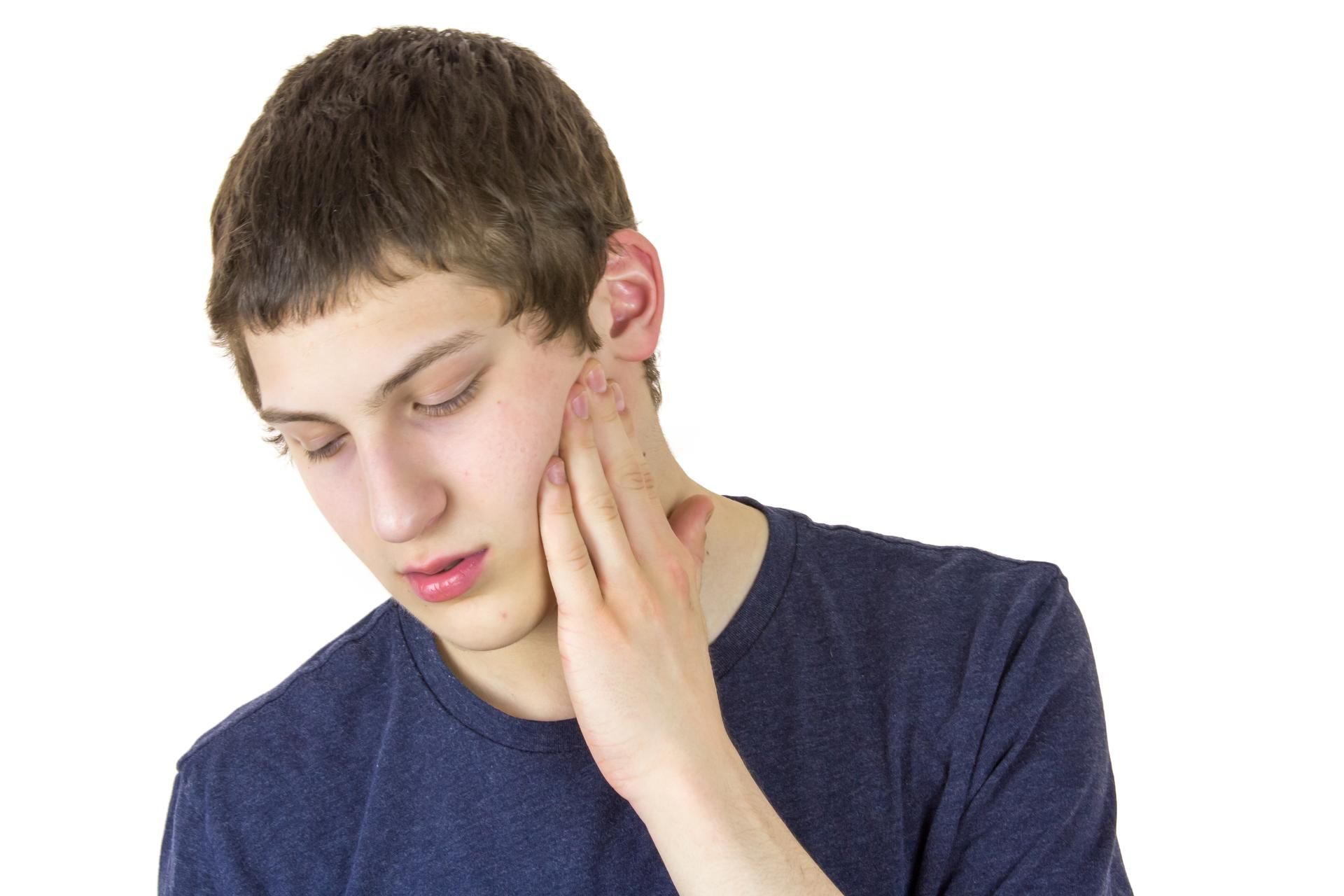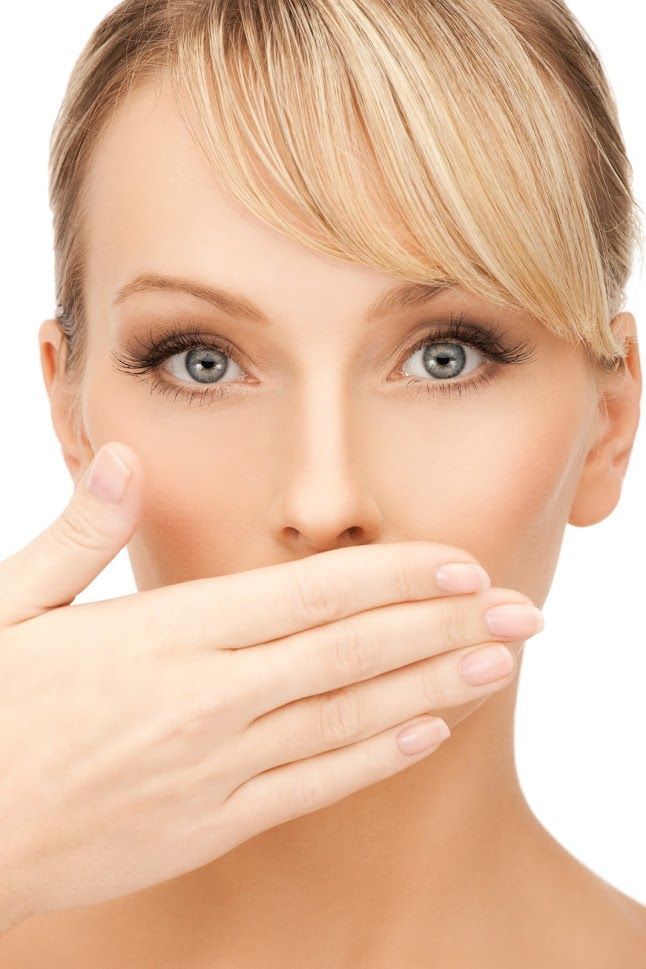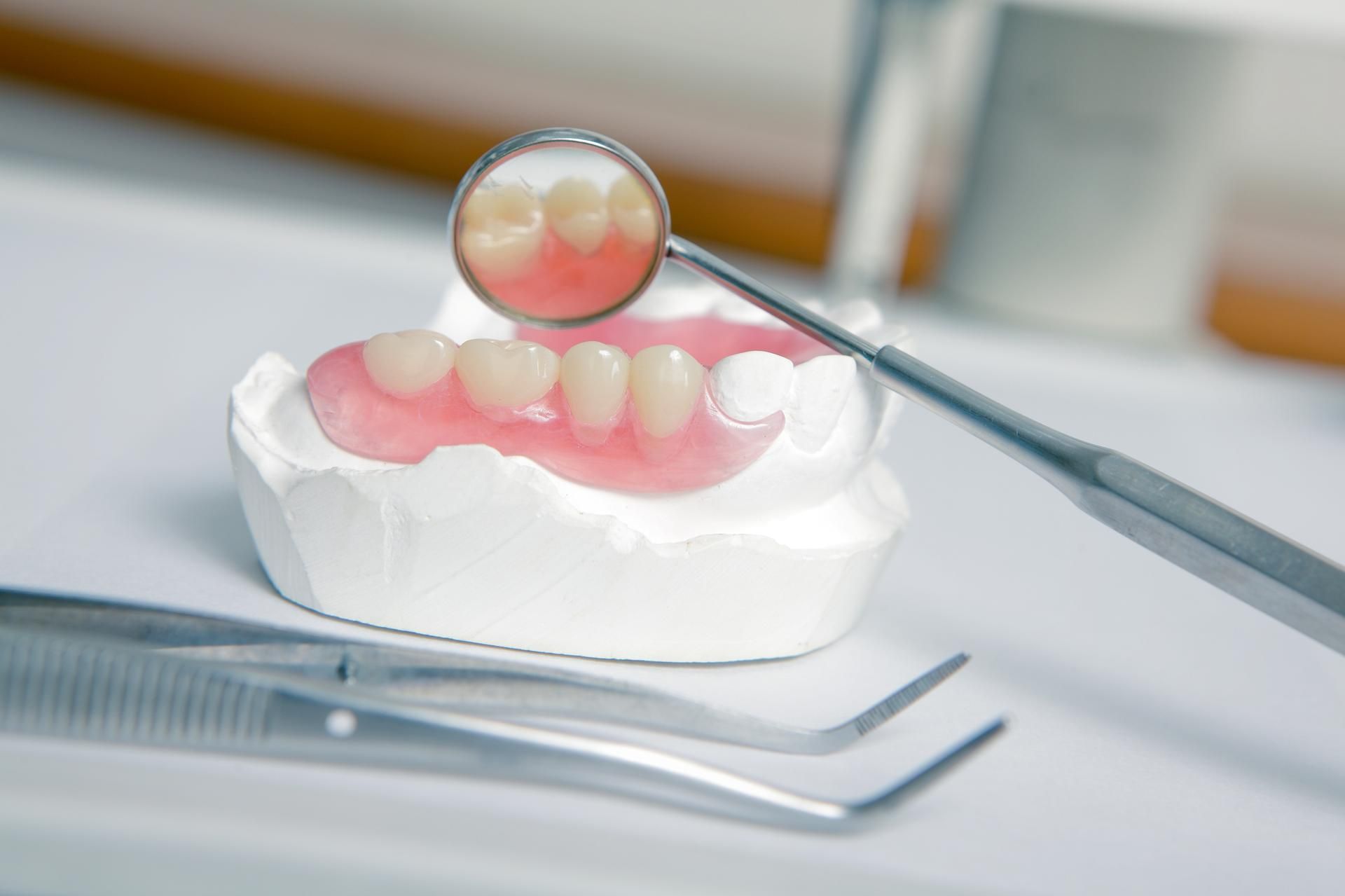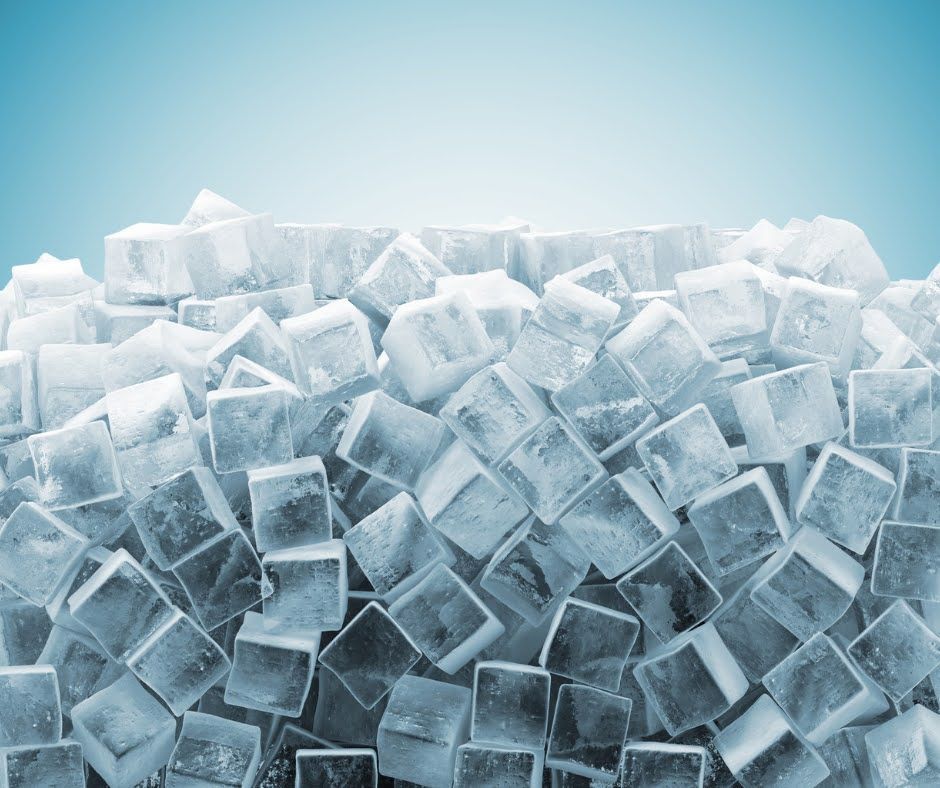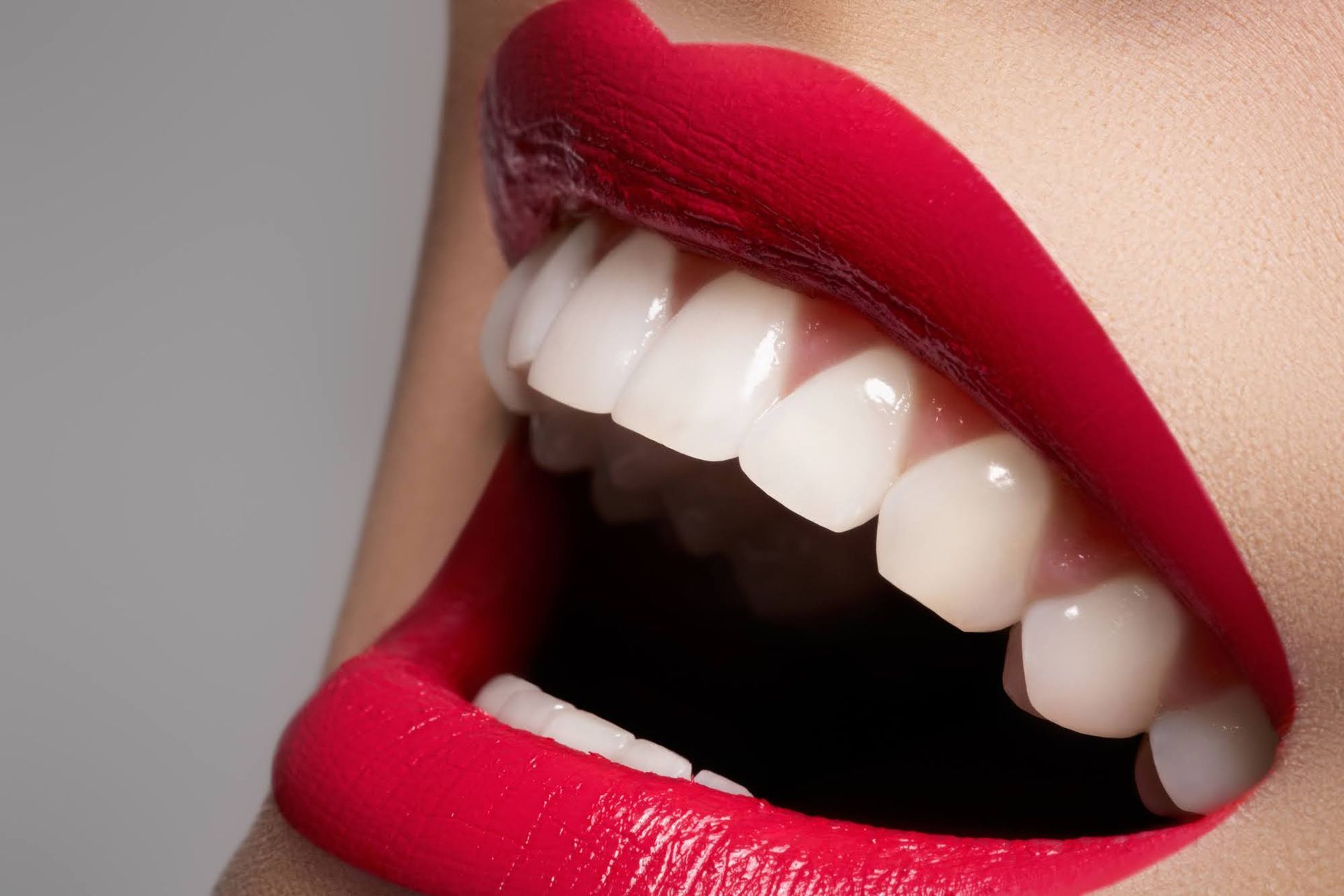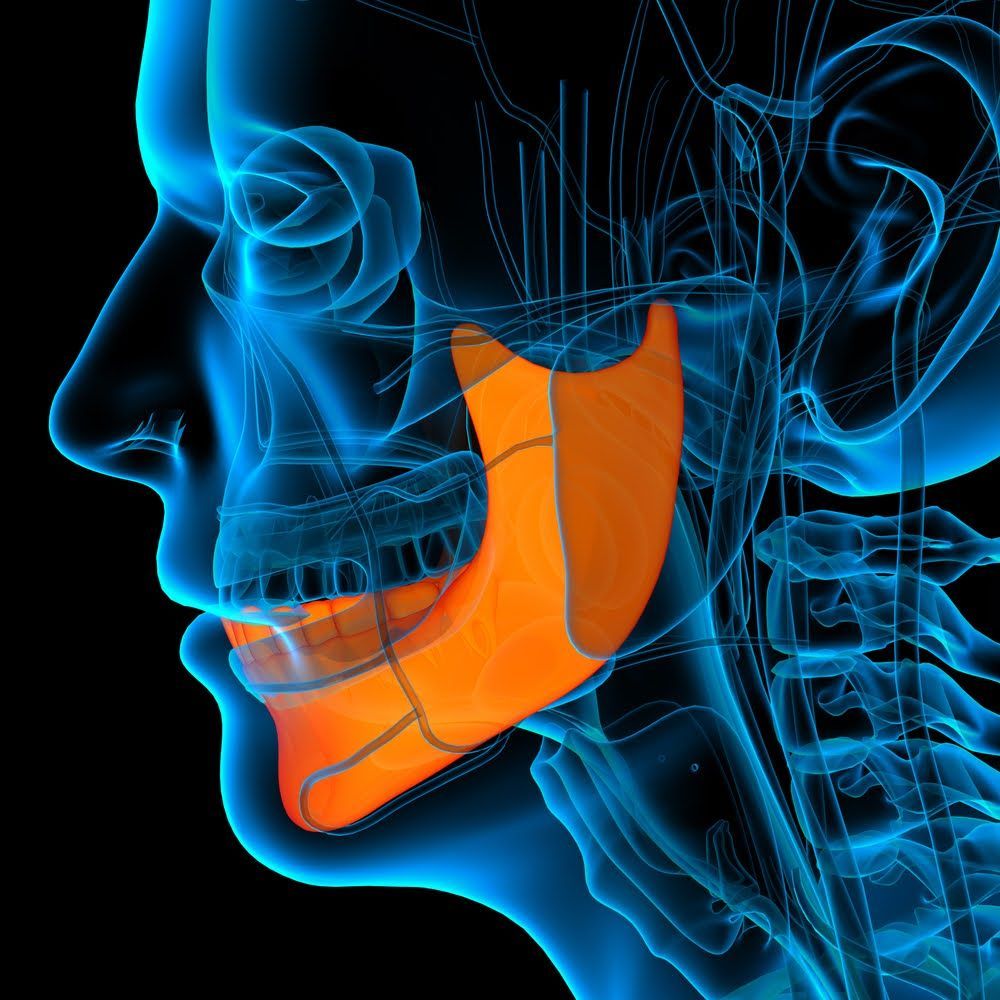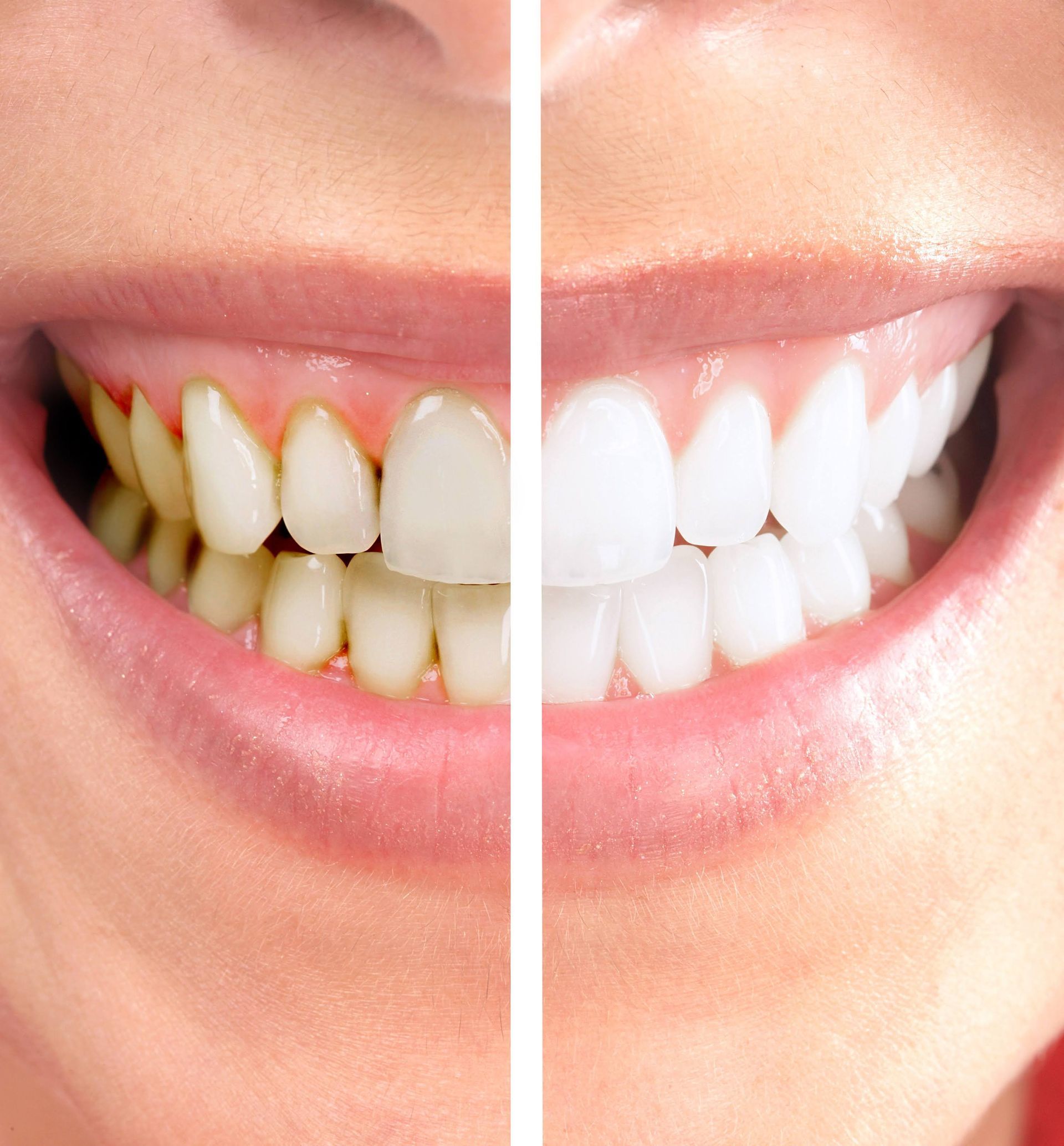8 Top Causes of Bad Breath
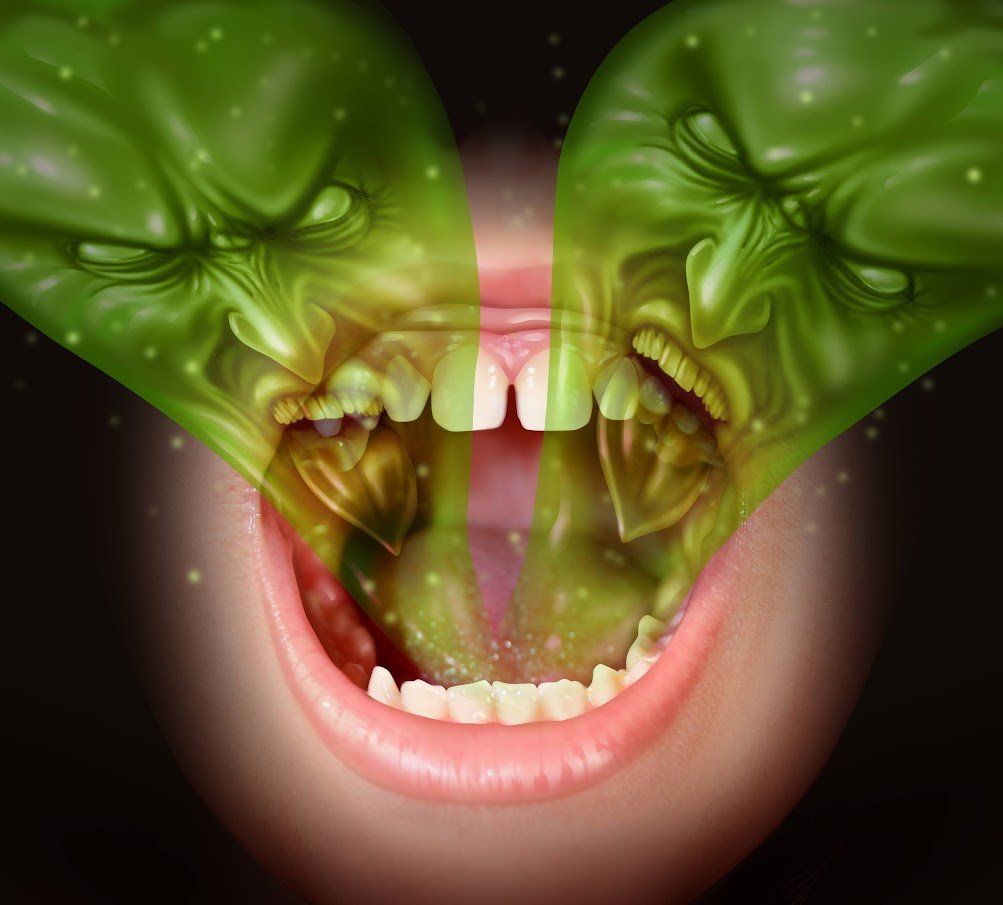
Bad breath makes you self-conscious in professional and public environments, and you may try mouthwashes and mints to no avail. Many people assume that bad breath originates from poor dental hygiene, but this is not always the case. Explore eight common causes of bad breath below.
1. Poor Dental Hygiene
Food particles stick between teeth after each meal, so dentists recommend brushing and flossing twice daily. If left unchecked, food remnants mix with bacteria and saliva to make a sticky film called plaque.
Plaque coats your teeth and gums over time, leading to a foul odor and gum disease. Your tongue also traps food particles, while poorly-cleaned dentures harbor bacteria and cause bad breath.
While you may chew gum or suck mints to freshen your breath, the effect is temporary if you don't upgrade your oral hygiene. Ask your dentist about cleaning techniques to reduce the bacteria population if you have dentures.
2. Certain Foods
Your diet directly impacts oral health, and foods like garlic, spices, and garlic cause bad breath. Once you consume these items, odor-causing particles enter the bloodstream, flow to your lungs, and affect your breath's odor when you exhale. The food's effect on your breath ends after it leaves your body.
3. Tobacco Products
Tobacco use has many effects on oral health, such as tooth discoloration, loss of ability to taste, oral cancer, and irritated gums. If you often smoke or chew tobacco, you may notice that your breath often smells like an ashtray. Tobacco products also put you at risk of developing gum disease, which also causes bad breath.
4. Coffee
If your bad breath occurs after your daily cup of coffee in the morning, the beverage may be to blame. Coffee's intense flavor immediately affects the odor of your breath, leaving a stale smell that lingers long after you finish the drink. Caffeine also reduces saliva production and less saliva results in an increase in odor-generating bacteria.
5. Dry Mouth
Some people naturally have dry mouths, while other cases of reduced saliva production arise from diseases like xerostomia. Saliva promotes oral cleanliness by removing food particles that cause bad breath.
Most people wake up with stinky breath because saliva production reduces at night. If you take some prescription medication, check the side effect list, as many drugs cause dry mouth. If you have chronic dry mouth and don't take medication, talk to your dental practitioner about your medical history.
6. Crash Diets
Your body needs carbohydrates for vital functions, and a low-carb diet adversely affects your metabolism. If your body doesn't get enough carbohydrates, it breaks down stored fat and releases ketones, which have a strong odor. Avoid bad breath by eating a wholesome and nourishing diet with vegetables and herbs.
7. Digestive Issues
Acid reflux is a top cause of bad breath, where stomach acid backs up to your esophagus, leaving a burning pain in the chest. So, identify and limit the foods that cause acid reflux, such as spicy stews. Bowel disorders, constipation, and poor digestion are other reasons for chronic bad breath.
8. Nose and Throat Infections
Sinuses and tonsil infections also lead to bad breath that doesn't go away with mouthwash. You probably need antibiotics if your foul breath accompanies a sore throat, phlegm, swollen tonsils, or postnasal drip. In rarer cases, bad breath signals the presence of other diseases, such as diabetes and kidney issues.
It is time to consult a dentist if you frequently reach for refreshing mints or mouthwashes to deal with bad breath. Our services at Koehn Dentistry & Aesthetics include deep cleanings to eliminate foul-causing bacteria. Contact us today for fresh breath every day.
